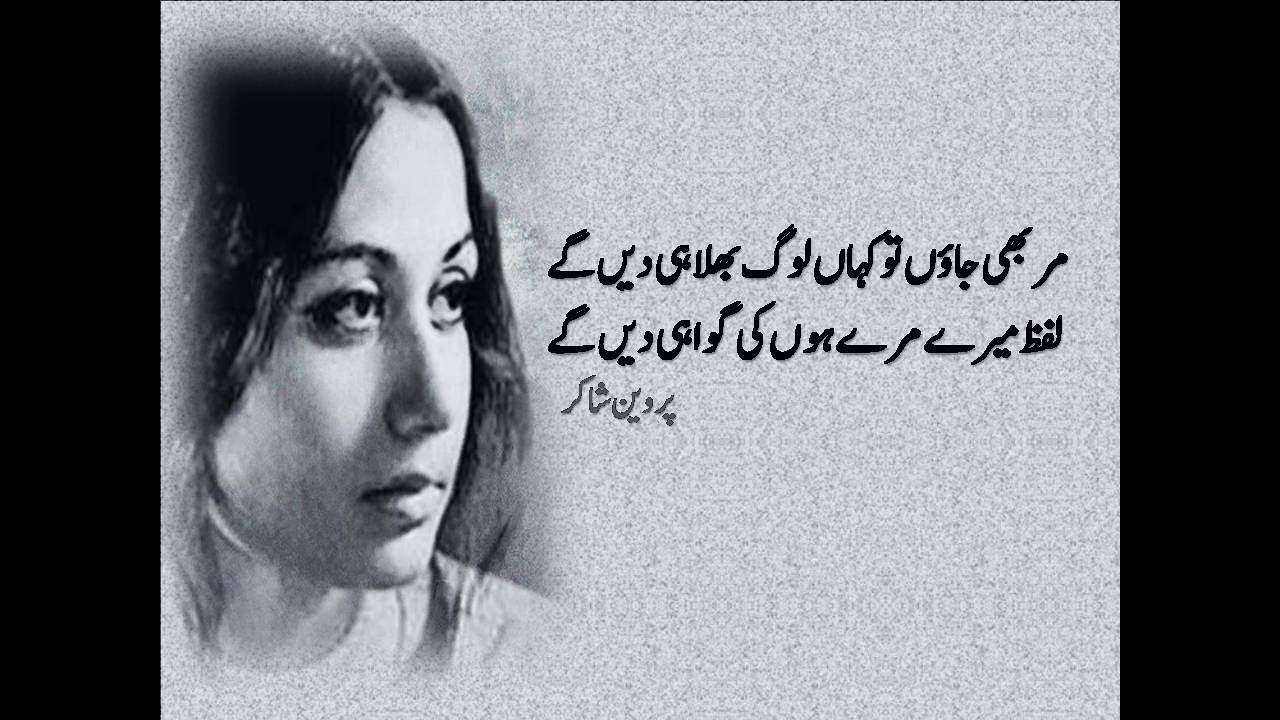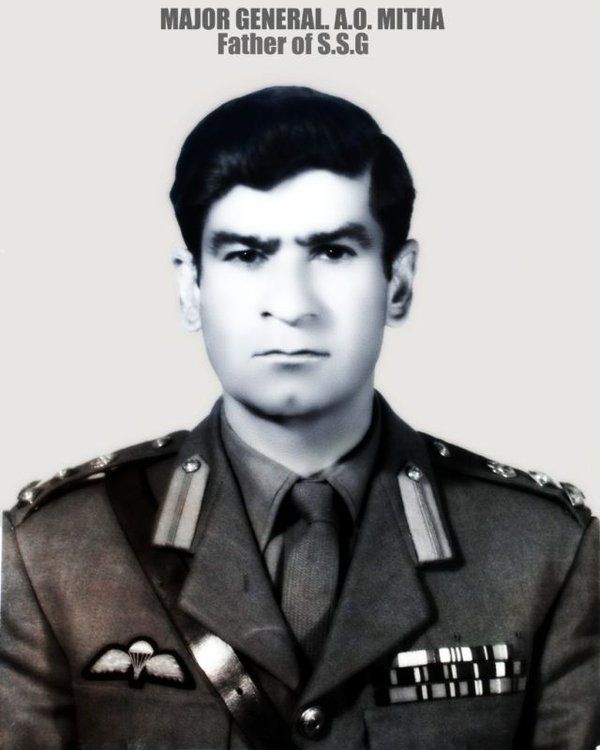I must share this story from my
khandan.
One of my uncle was the lone survivor as a 4 year old boy with his parents massacred by Hindu terrorists of India, during the journey towards Pakistan. All he remember, he told me, that being lost on the railway station upon reaching Pakistan. He started his journey with his family, reached Pakistan as orphan. He doesnt even have recollection of his family, only vague images his mind as he was only a child, there are no family belongings, everything was looted.
Now, Masha Allah, he is living quiet life in his mansion in DHA Karachi as a retired banker. What I find the mindset among the first generation of Pakistanis is truly amazing. I asked him don't you feel bitter or any regret in you that because of Pakistan your family was taken away from you. None what so ever was his reply, infact he went on to say that his situation was kinda similar to Prophet (PBUH) who was also orphaned as a four year old, middle of nowhere in the dessert, and Allah has looked after him, opened the doors for him and he never had any failures in his life. Smooth sailing since.
My grandmother (may Allah grant her Jannat), once jokingly told me that if she hadn't acted with quick thinking and stopped to collect her lose chappals, while running away from the Hindu terrorists mob, with my father in one hand and my aunt in another, me and her wouldn't be having this conversation.

I can write a whole book on this particular subject, my family is full of individuals who sacrificed a lot. Some went from riches to rags, but I have never come across anyone regretting migrating to Pakistan. Entering Pakistan from India felt like a bird released from the cage. Those who went through the trauma still carry this feeling of freedom.
















